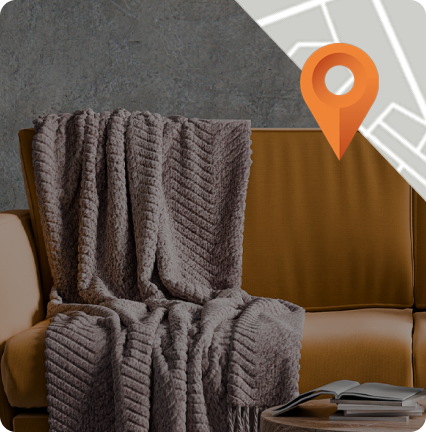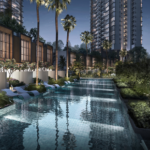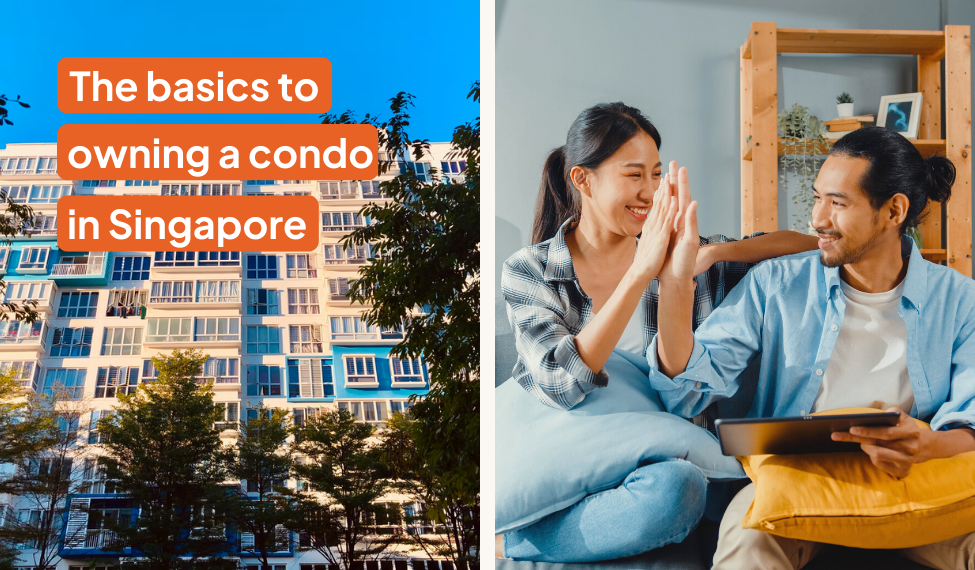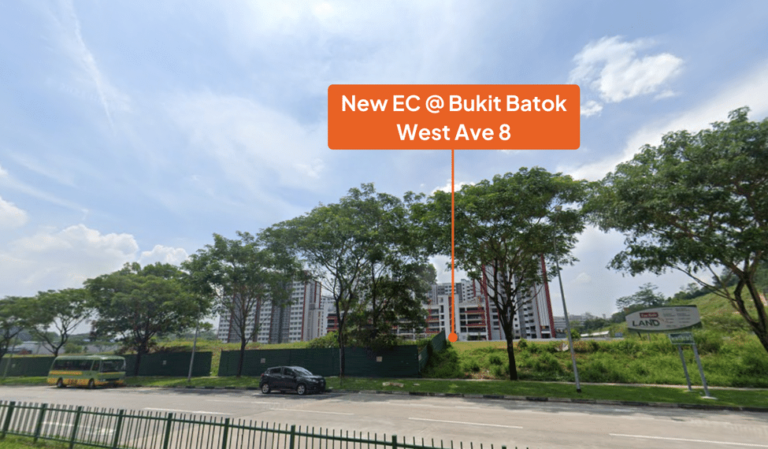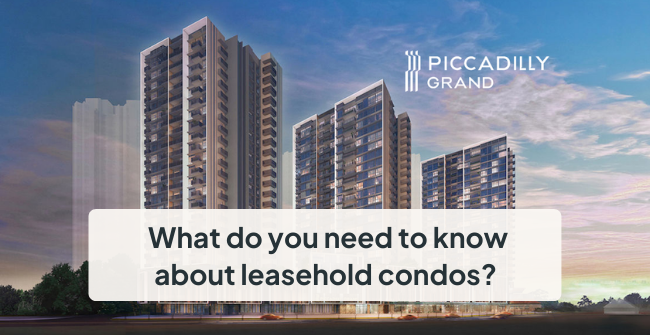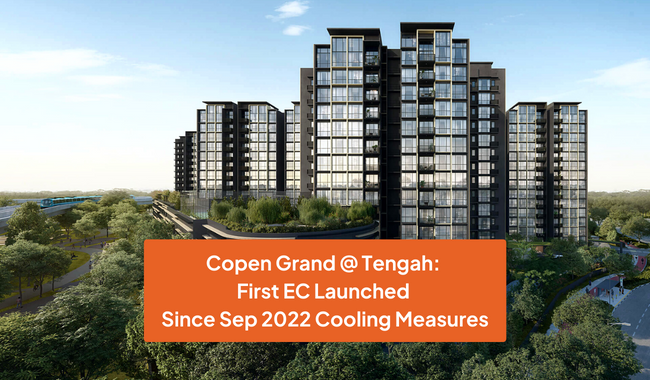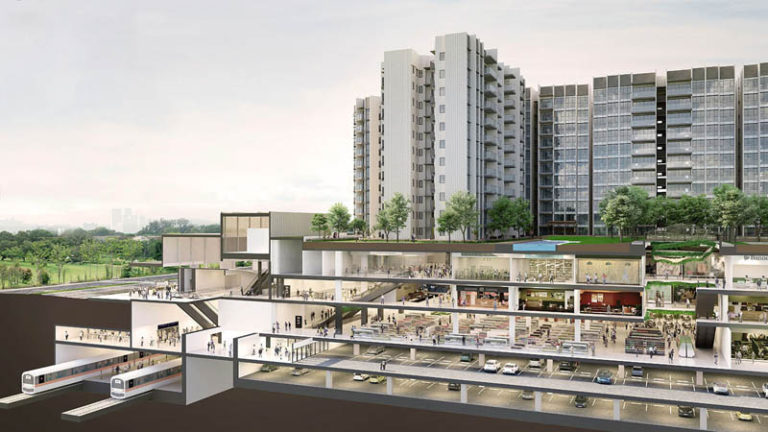Condo ownership is often equated to luxury and high living, but what many don’t realise is that being a condo owner comes with its own set of duties and responsibilities. As with inhabitants of any shared space, condo residents can only live in harmony if people respect each other’s personal space and entitlements to common facilities. This guide can save you from a world of headache (and even monetary penalties) that comes with condo etiquette and facility management, so that your residential community can enjoy shared common goods harmoniously.
Understanding basic terms surrounding the organisation of strata-titled properties
Activities that happen within the compounds of a condo are governed by the Building Maintenance and Strata Management Act (BMSMA), a statute that combines the Building and Common property Act (BCPA) with portions of the Land Titles (Strata) Act (LTSA). Guidelines within the BMSMA determine collective decision making and dispute settlement within condos. But to understand how these mechanisms work under the BMSMA, we must first explore the technical terms surrounding condo management.
Management Corporation (MC)

The MC council is an elected body of representatives who oversee the daily functions as well as future developments that occur within the boundaries of the condo estate. A body of individuals is elected from the residential population every year at an Annual General Meeting (AGM).
Make no mistake, the MC council is more than just an informal cool kids club. Whoever the condo elects will be backed by the legal power of the BMSMA to control and manage common facilities that range from anything between the lift lobby to the swimming pool.
Management Agent (MA)
MAs work under MCs. The MC council may periodically employ the services of MAs to be their hands and feet so that sufficient manpower is available to keep planned operations running.
Subsidiary Proprietor (SP)
SP refers to whoever owns a portion of the condo estate. As a condo owner, you would have received ownership of a unit that was transferred over from the original developer. This makes you a partial owner or SP of the estate, and this status is reflected on the strata certificate of title.
As an SP, you have a stake in what happens within the condo and thus have the legal right to influence decisions at general meetings. This can be done by voting on major decisions such as estate overhauls or the election of the MC council.
However, being an owner of a condo unit does not automatically grant you the equivalent voting power that your neighbours possess. How much sway you have over decisions that happen within the condo is determined by your share value.
What is share value, how it is calculated and why it matters
Share value is defined as the proportion of the entire estate that you own in relation to the other owners. Share value is directly related to the following three things:
- Your monthly obligations towards common maintenance fees
- Your influence over AGM meetings and votes
- Your share of the entire estate
Simply put, with larger homes comes greater responsibilities, but greater voting power as well. But the calculation of share value for each household is slightly more complicated in reality than that.
Share values are predetermined and allotted by the Commissioner of Buildings (COB) after the developer submits a proposal for acceptance. COB has a set of guidelines to determine how much share value a unit should have. Factors include your floor area grouping, which is the expected number of occupants your unit will house as well as your unit’s perceived usage of common facilities.
According to the Building and Construction Authority’s (BCA) General Guide to Strata Living in Singapore, share value of condo owners increases by 1 for every 50m2 of floor area.
| Floor area (m2) | Share Value |
| 50 | 5 |
| 100 | 6 |
| 150 | 7 |
| 200 | 8 |
If your apartment unit has a share value unit of 5 and the total number of share value units in your residence is 450, you will have a share value of 5/450.
One thing to note about these factors is that they can be slightly arbitrary in the sense that a unit with higher floor grouping may technically house a greater number of residents but be in fact owned by one resident.
This may or may not be to your liking if you are the sole resident of a larger apartment, since it will mean higher monthly bills but also higher voting power. Because share values are predetermined, you unfortunately won’t be able to appeal your way to lower maintenance fees after purchase. The MC also has the legal right to recover any unpaid fees in the form of debt.
Maintenance of personal unit’s exterior features, and common areas
Common Areas
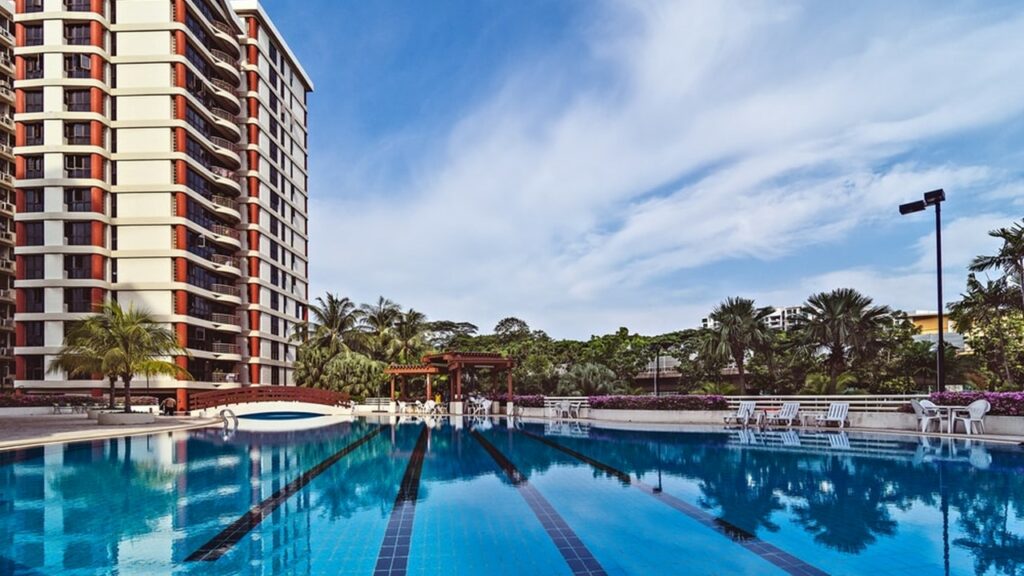
Common areas in condos are any part of the complex that is not included within the strata title plan (the floor plan you received at the showrooms). These areas are typically assumed to be used or frequented by two or more SPs. Modification of common areas is strictly prohibited outside of the MC’s approval.
As an SP, it is your duty to maintain the exterior of your apartment in a manner that avoids damage to others and their property. Should you fail to comply, the MC is entitled to claim monetary compensation to fix damages that have occurred due to your negligence.
This can come in the form of leaky pipes that result in erosion or mould growth in other units, or obstruction of common areas that bring inconvenience and damage to the personal property of other individuals. Ideally, disputes should be settled amicably outside of court, although legal action is not outside the realm of possibilities.
Exterior features
Exterior features cover any permanent fixture facing the outer facade of your unit, such as externally facing windows and pipes that run along common corridors. While these features may take up space within common areas, it is still your sole duty to maintain them as they are considered to belong to you. According to Section 9 of the BMSMA, failure to maintain these features such that they cause harm or injury to another person can lead to severe penalties, including fine and jail.
Request approval before making unit modifications

While most at-home renovations and furnishings are generally allowed with consent from the Urban Redevelopment Authority, unit modifications that increase the total gross floor area that you own may only proceed once you have obtained a 90% resolution from your residential MC. Examples of these modifications include extending the balcony roof into common areas or installing a wall to close off a previously open space.
Historically, disputes have been made with regards to what unit modifications were allowed. To safeguard the interests of SPs, changes were made to the BMSMA on 1 February 2019 to allow SPs to install safety features such as window grilles at windows or balconies. The installation of locks or other safety devices to prevent intruders or animals from entering your property also falls under this new jurisdiction.
Abiding compulsory by-laws and MC made by-laws
Residents living in strata-titled developments such as condos are governed under by-laws written within the BMSMA, as well as an additional set of by-laws created specifically by their MC. However, MC by-laws can only be enforced once they have been approved under a Special Resolution and do not contradict any of the existing BMSMA by-laws.
Some of the most common by-laws include:
| BMSMA by-law | Remarks |
| Parking of vehicles | Vehicles cannot be left unattended in any common area or property without prior approval from the MC. |
| Obstruction of common property | Residents who interfere or obstruct lawful use of the common property by other residents may be legally removed by authorities. |
| Damage to lawn, trees, shrubs and other plants | Greenery such as lawn, garden, trees, shrubs, plants or flowers are considered common property. Use or damage to common greenery is prohibited prior to approval of the MC. |
| Drying of laundry and rubbish disposal within common property | Rubbish and other unwanted items may only be disposed of in designated areas on the property. Similarly, laundry should not be hung in a manner that intrudes upon common spaces within the compound. |
| Storage of flammable liquids & prevention of fire and other hazards | Flammable chemicals, liquids, gases and other hazardous materials other than those for domestic use should not be stored in property or on common premises without the permission of the MC. Similarly, residents should not behave in a manner that increases the likelihood of fires and other phenomena that will likely bring damage to property or life. |
Your rights as a share value holder
As a shared owner of the residential property, you have the right to request information regarding the professional details of your estate’s MC and MA. This can be done for a fee, and is a way for residents to keep checks and balances by bringing transparency to MC operations. The information that SPs are entitled to include the minutes of general meetings, account records, and other official documents relating to activities carried out or approved by the MC.
Looking for a private property?
Get the floor plan and current pricing of new launch projects with Ohmyhome, or let us MATCH you to the right home in no time!

Let Ohmyhome’s smart data-matching technology MATCH you with the right home, according to your specific needs. Submit your preferences to us and our algorithm will filter all our available listings based on those, and we’ll WhatsApp them to you once we find a match. We’ll also send you relevant content that you can use for your research and inform your home buying decision, so you no longer have to spend hours searching online for the information that you need. Because at Ohmyhome, we’re always by your side, always on your side.
You can also call us at 6886 9009 to secure an appointment with any of our Super Agents or message us in the chatbox at the bottom, right-hand corner of the screen. You can also WhatsApp us at 9755 1009!
Related articles
- What it Takes to Buy a Condo in Singapore
- A Simple Condo Buying Checklist to Assist You in 2022
- The Buying Process for a New Launch Condo in Singapore in 2022
- When is it better to Buy a New Launch Condo: at Launch Date or Closer to TOP?
- What To Expect From our Condo Buyer and Seller Agents?
- How to Buy a New Launch Condo Before Selling Your HDB Flat
- For Condo Owners: How to Buy HDB Flat After Selling Private Property?





